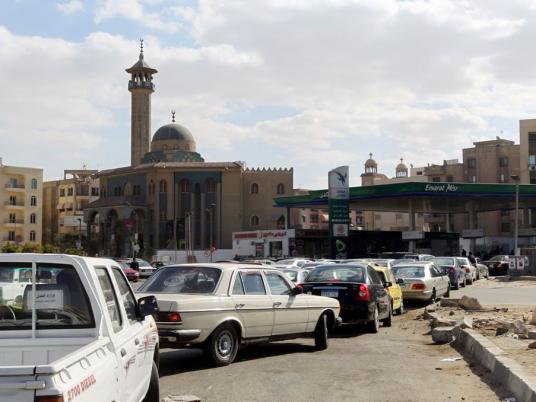
A British energy expert has warned that Egypt is facing a humanitarian crisis that is fueled by energy problems.
In an article published in the Financial Times on Sunday, former chairman of the Cambridge Center for Energy Studies, Nick Butler, said that despite the relative stability that followed the ouster of the Brotherhood regime and the election of President Abdel Fattah al-Sisi, the aspirations of the January 2011 revolutionaries have not been accomplished.
“Egypt is financially broke and dangerously dependent on the insecure generosity of the Gulf states. The risk of violence has killed the tourism industry, which was a major source of revenue and employment. Living standards have fallen and Egypt now faces a profound crisis with a shortage of energy, water and food," Bulter wrote.
While Butler admitted the necessity of the recent hikes in gas prices, he said that in order “to avoid damaging the economy, the changes should have been gradual rather than instant and brutal."
Butler also criticized the regular blackouts in Cairo and other parts of the country because electricity shortages.
“The issue is not a shortage of generating capacity but the country’s inability to import the raw materials necessary to produce power," he said. “Egypt already relies on cheap oil and gas from its Arab friends, but cannot afford to import the extra supplies that the system needs.”
“Shortages in energy, food and water could set the stage for the next round of change in the process of destabilization which was once described as the Arab Spring," he said, pointing to Sisi’s crackdown on Islamist opposition as a potential catalyst for that change.




